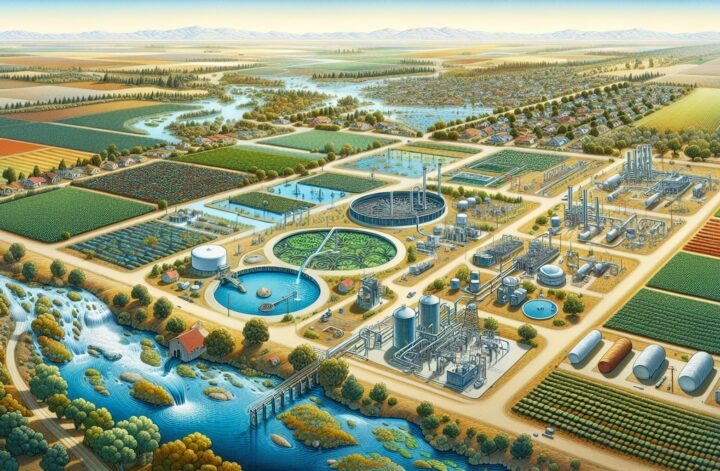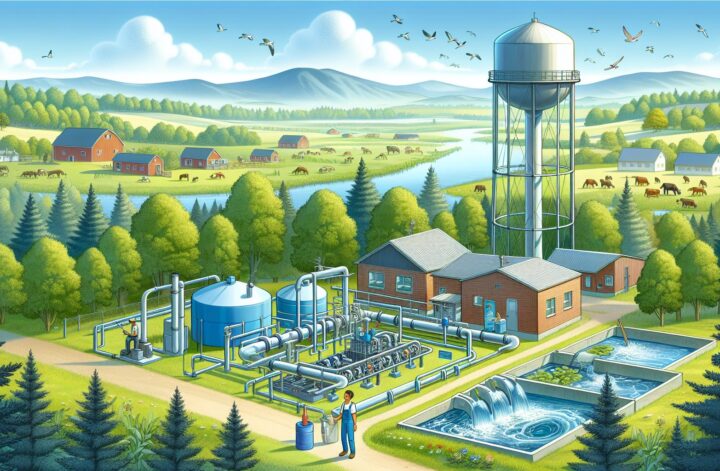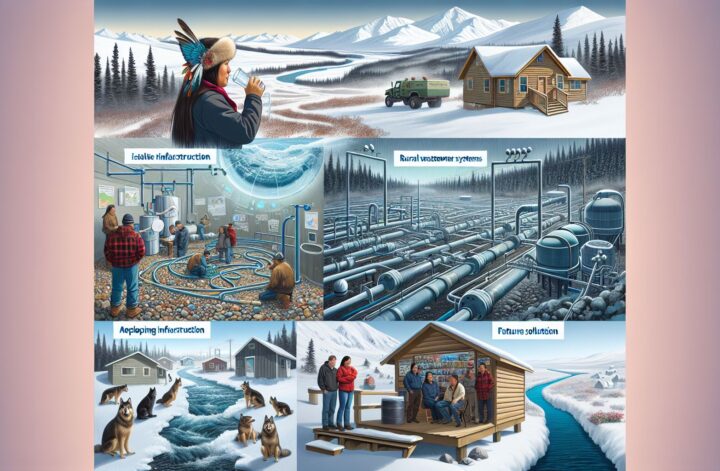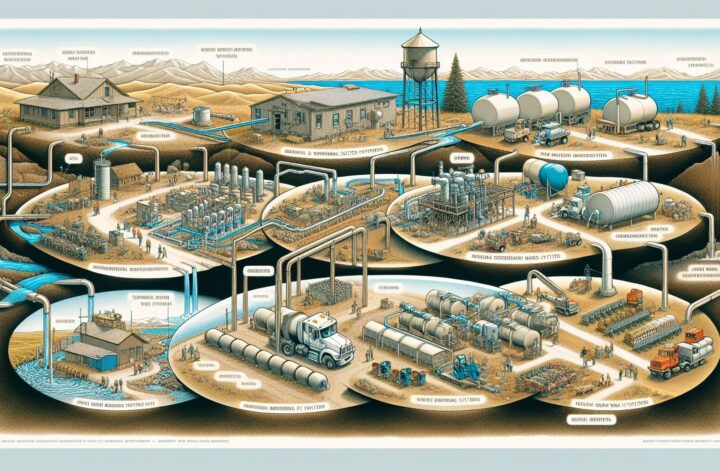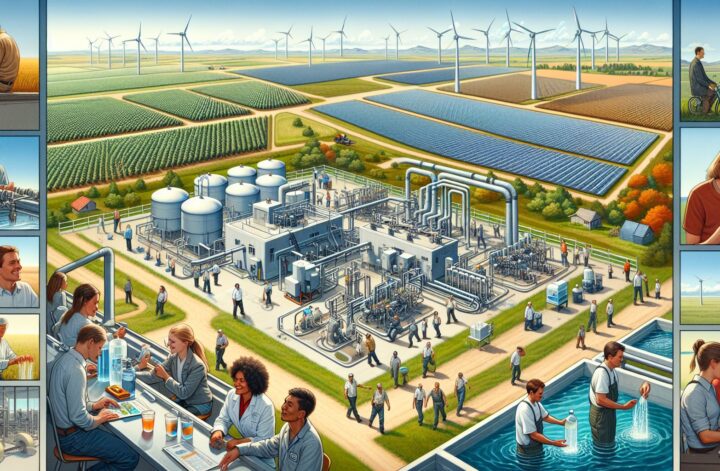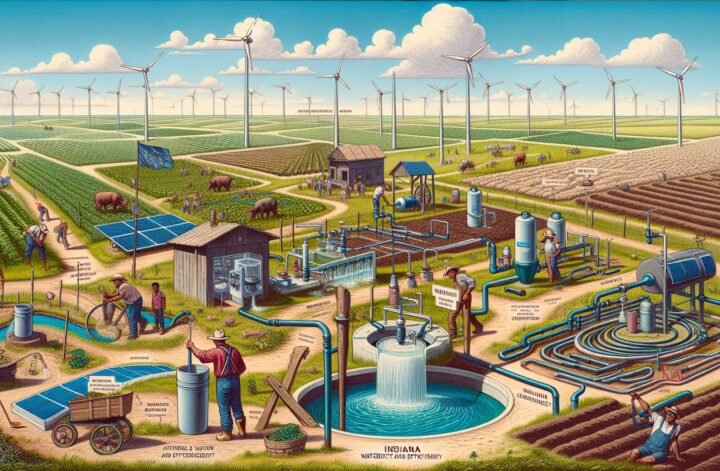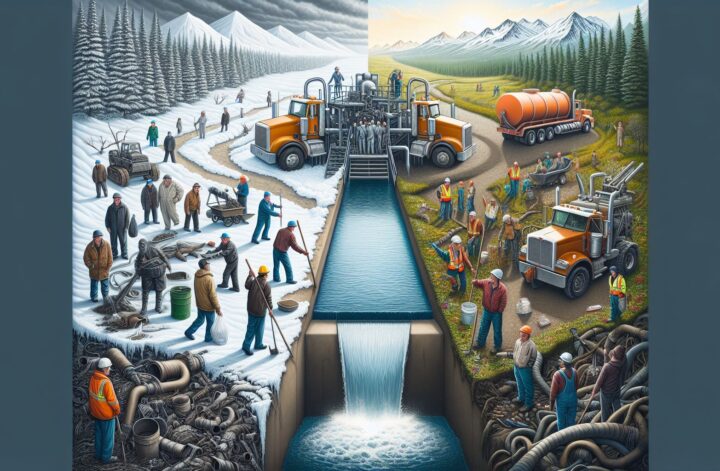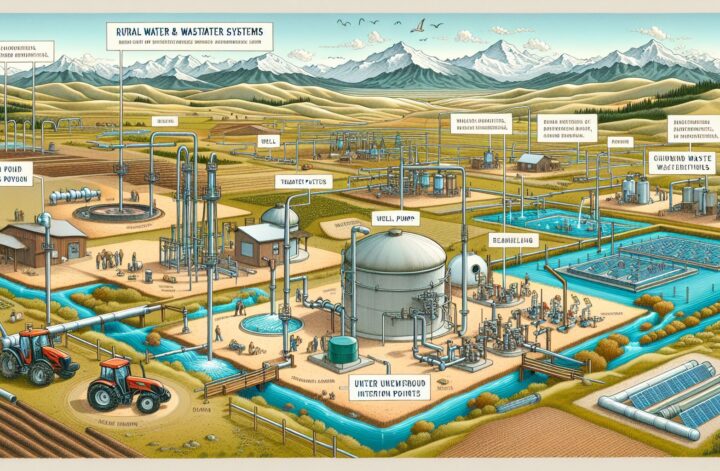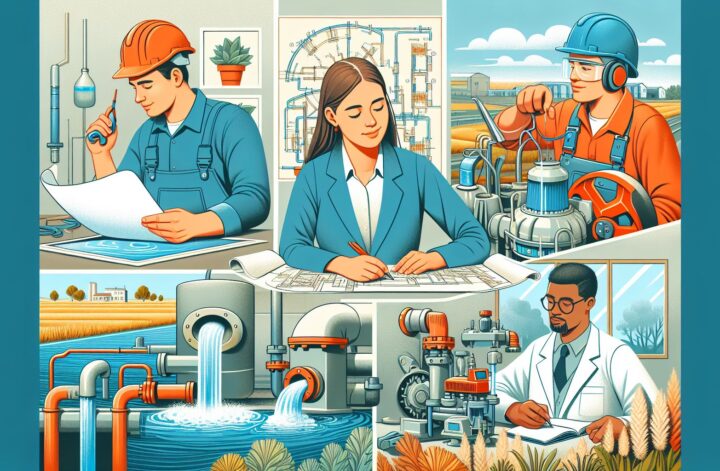In the verdant agricultural heartland of California’s central valley, the city of Fresno and its surrounding rural communities face a unique set of challenges and opportunities when it comes to water and wastewater systems.
Rural areas near Fresno endure the challenge of having a less developed infrastructure than those in the urban center (1). The majority of water supply and sanitation facilities are either minimally developed or show significant deficiencies. This indicates a critical need for improvement and expansion projects.
The drought-prone climate of California presents another considerable challenge to the water and wastewater systems in Fresno County, frequently leading to water scarcity. Deep wells often go dry while groundwater levels continue to decrease, posing a significant threat to both urban and rural water supply (2).
Optimizing the use of available water resources is crucial. Wastewater treatment and reuse provide opportunities for supplementing limited water resources. However, in rural areas, individual wastewater systems are frequently unregulated, with multiple points of discharge into the environment. These systems often suffer from poor maintenance and management (3).
However, amidst these challenges, Fresno County is uniquely positioned for innovative solutions. There is potential for the constructive transformation of rural water and wastewater systems in the area. Collaborative efforts among local communities, government entities, and nonprofit organizations are essential to ensure the development and maintenance of efficient, sustainable systems.
Addressing the issues that rural water systems face might mean exploring advanced technologies such as solar-powered water treatment systems or utilizing treated wastewater for agricultural irrigation to maximize available resources. A crucial aspect of this is community involvement and education, ensuring residents understand their role in maintaining and improving their water and wastewater systems.
In conclusion, Fresno, amidst its challenges, shows promise for the improvement and innovation of rural water and wastewater systems. Harnessing these opportunities can contribute significantly toward sustainable development in Fresno County’s vast rural communities, ultimately enhancing residents’ quality of life.
Sources:

